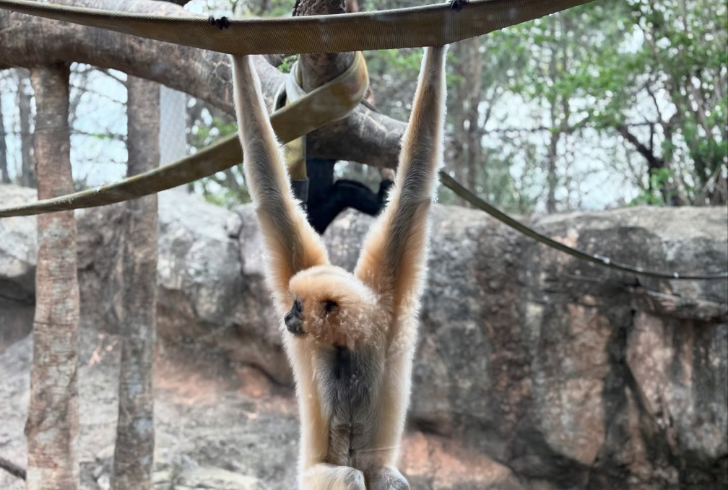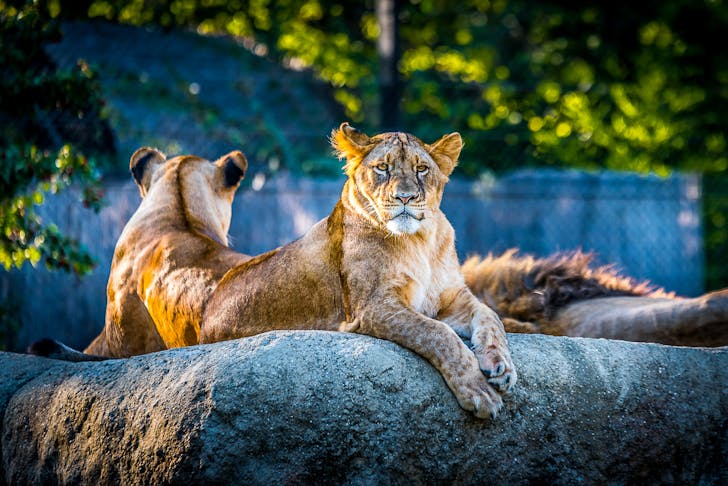Niabi Zoo in Illinois has taken on a role few people see when they visit: it’s become a safe landing place for animals pulled from the illegal wildlife trade. This underground industry shuffles monkeys, birds, fish, and even otters across borders in terrible conditions, and many don’t make it through alive.
Many of the animals that survive the journey reach Niabi in rough shape—thin, shaken, or with injuries that require urgent veterinary attention.
To meet those needs, the zoo has adjusted over time, even enlarging its facilities to care for species that were never part of its collection before. For instance, when otters arrived, the zoo invested more than $30,000 to build a specialized pool with filtration systems to recreate a suitable habitat. Space and resources are limited, but the commitment to provide proper care drives ongoing improvements.

Instagram | niabizoo | The Niabi Zoo offers refuge and medical care to animals rescued from the illegal wildlife trade.
Animals entering the zoo often carry parasites and suffer from malnutrition or other health issues. Rehabilitation here is more than just medical treatment — it’s about giving them a chance to recover dignity and well-being after harsh conditions. This effort is part of a broader battle against the illegal wildlife trade, a massive $23 billion global industry that thrives despite strict laws.
Rescuing the animals is only part of the battle. Law enforcement agencies struggle with limited staff and resources—there are cases where an entire stretch of coastline is left to one officer trying to spot smugglers. With gaps that wide, traffickers find it easy to keep their operations alive. On top of that, everyday pet buyers, often without realizing it, fuel demand by seeking out exotic animals that should never have left the wild.
Animals like turtles or monkeys might seem like appealing companions while traveling abroad, but regulations often prohibit bringing them home. These restrictions aim to protect wild populations and prevent further exploitation.

Goran Vrakela | Pexels | Animals entering the zoo often carry parasites and suffer from malnutrition or other health issues.
Changing how people see exotic pets is one of the most powerful tools we have. Every animal confiscated from the trade carries a story—often of hardship and sheer luck that it survived at all. Those stories make it harder to ignore the consequences of keeping wild animals in homes where they don’t belong.
At Niabi Zoo, the response is hands-on: they provide specialized care and use their work to show the public what real responsibility toward wildlife looks like. The trade itself is sprawling and complicated, yet Niabi proves that second chances are possible, especially when rescue work is paired with education and improved facilities.
